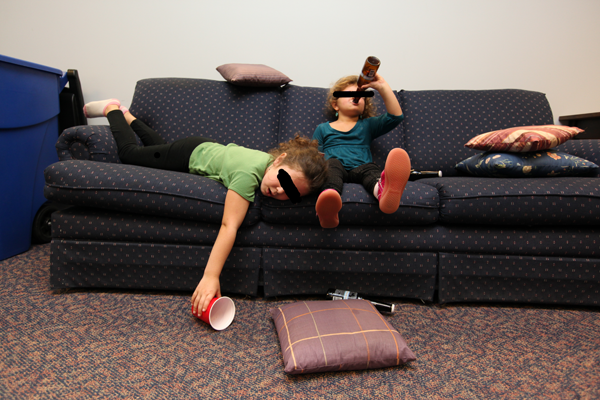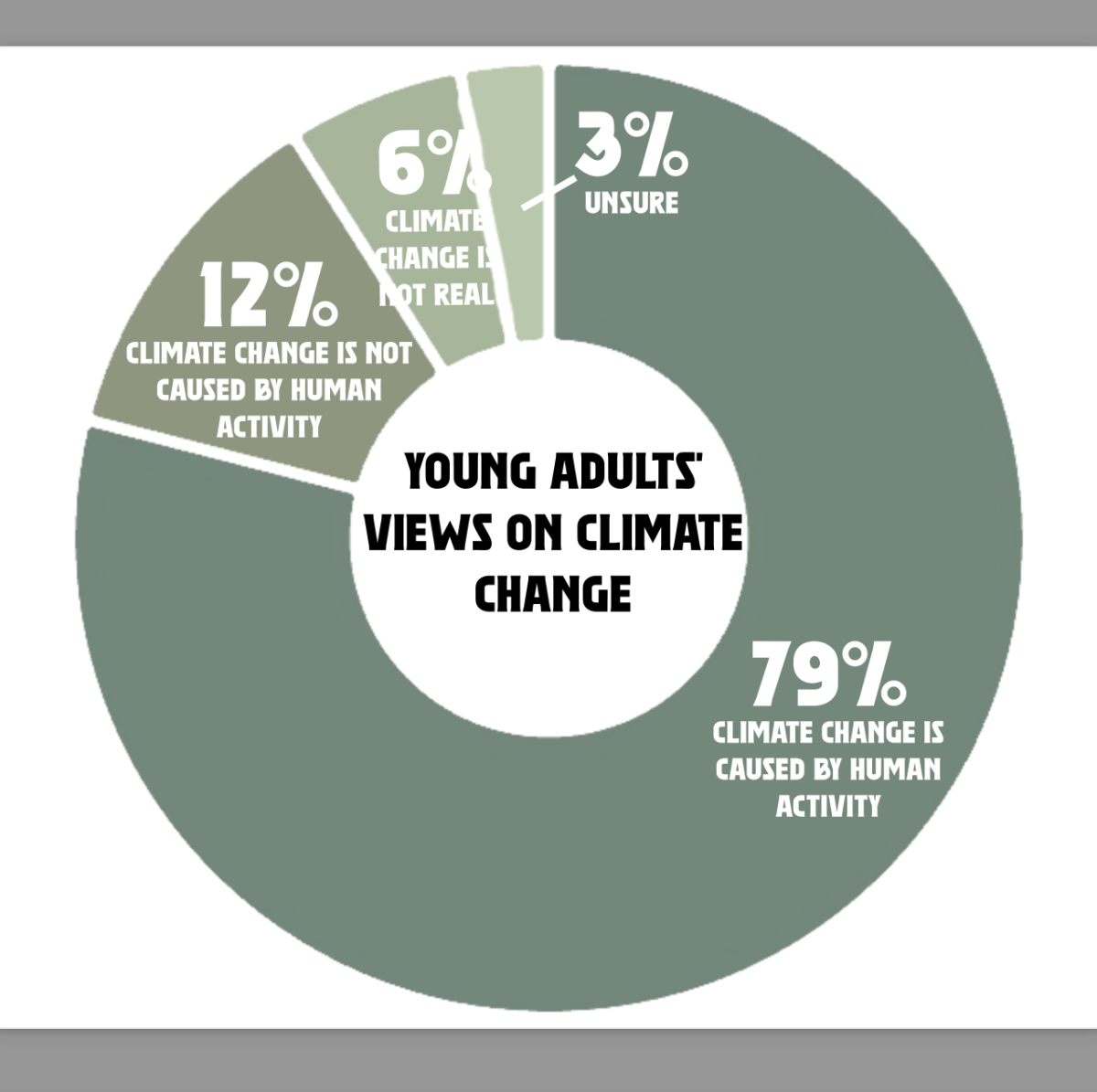Ancient Babylonians worshiped wine goddesses, beer was an everyday necessity to the Egyptians and the pre-historic Chinese believed the use of alcohol was prescribed by heaven.
Yet when I think about booze, I concoct images of teens with red cups playing beer pong and girls with their heads in toilets.
Alcohol has always been a part of human society, so when did it become something so controversial and covert?
According to an Oracle-conducted survey of 165 students, 29 percent said that they drink on a regular basis, and 25 percent said that they’ve drunk in the past.
Those may not seem like high percentages, but when talking about the number of students who have participated in an illegal activity, THAT’S A LOT OF PEOPLE. Which brings us to the big question.
Why do so many teenagers drink?
Grace Pittner, Student-2-Student copresident, believes peer pressure plays the greatest role in teens deciding to try alcohol.
“Honestly I think most of them do it because their friends are doing it,” Pittner said. “I don’t think they have the great desire to ‘get drunk.’ They do it one time and then they’re like, ‘That was fun so I want to do it again.’”
There’s no doubt that peer pressure influences a student’s decision to drink. But how did the friend that got others to drink start drinking in the first place? The same reason that Eve ate the forbidden fruit from the Tree of Knowledge. She knew she wasn’t supposed to.
So much hype surrounds teen drinking.
Our whole lives we are told it is something we shouldn’t do. When we were younger it didn’t really matter because we couldn’t access it, but as we got older we began looking forward to the day we could.
Then along comes high school: a world where “everyone’s doing it” and a case of beer is just one phone call away. The problem is that we experience a 180-degree turn once we hit ninth grade.
European countries, on the other hand, offer a way to avoid that hype. According to the International Center For Alcohol Policies, in many European nations, it is legal for minors to consume alcohol if accompanied by a parent.
I saw this first hand when I visited Germany with my family for the Men’s World Cup. At dinner one night, I saw two little kids running around the square wreaking havoc.
Once they had gotten tired, the boy, who looked about seven, walked back to his parents’ table and without a thought took a swig of his dad’s beer.
I watched in awe as his father continued his conversation, without even casting a glance at his son.
But here’s the best part, when he’s older that boy won’t die from liver cancer. That sip of six percent alcohol won’t do him any harm. If anything it will probably benefit him.
When that boy is 16 and at a party he won’t be the one getting his stomach pumped, because he wouldn’t have felt the need to take 11 shots.
A little devil won’t be on his shoulder begging him to defy his parents. The allure of drinking will have been lost because that boy, like most Europeans, will have grown up around alcohol his entire life. By the time he’s old enough to be corrupted, drinking will be old news.
Now I don’t think it’s plausible for minors in the U.S. to drink with their parents. It’ll probably never happen. But perhaps the drinking age itself causes some rebellion. If kids knew they could drink sooner would they wait.
According to the National Institute on Alcohol Abuse and Alcoholism, in 2003, the average first use of alcohol age was about 14, compared to about 17.5 in 1965.When the drinking age was 18 in most states, the average first use was just half a year under the limit. And when it is 21, the first use is seven years under the limit, which is why I believe the drinking age should be lowered to 19.
It seems like the perfect median. High school students would be much more likely to wait if they know they’re almost 19.
According to the Oracle-conducted survey, 63 percent of students think that the illegal drinking age should be lowered to 18.
It does seem a little ridiculous that at 18 you’re an adult, enabling you to do things like get married, fight for your country, vote and play the lottery, yet you have to wait three more years to drink.
I wouldn’t say you aren’t ready for alcohol at 18, but what would it really look like if the law were changed to an age that young? I envision complications.
My birthday’s in October so all of senior year I would legally be able to drink. Could I tailgate before a football game? Have a glass of wine at dinner for Homecoming?
Take a shot before class? It would get a little messy.
Now people often argue that alcohol can have a negative impact on the teenage brain, and that before the age of 21, you just aren’t responsible enough.
According to a National Institutes of Health study, the brain doesn’t usually completely develop until about 25 and sometimes later. So at 21 you are just as susceptible to the dangers of drinking as any teenager would be.
And people can absolutely handle the responsibility of drinking before 21. After all, the government trusts teens everywhere to drive with a permit; essentially they trust
15-year olds with massive two-ton weapons. At least with drinking the greatest risk is to your own health and body. If you want to turn your liver into a raisin, it’s on you.
Rebellion is inevitable. But I truly believe teen drinking doesn’t have to be if we take the appeal away.











